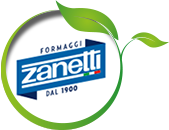Zanetti is aware of the importance of analysing its own business activities to identify the various environmental impacts and their relevance within the supply chain and the life cycle of its products.
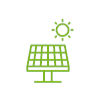
OF PURCHASED ENERGY COMES FROM RENEWABLE SOURCES
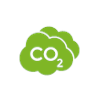
CO2 TONNES AVOIDED ON AVERAGE EACH YEAR THANKS TO THE ENERGY FROM RENEWABLE SOURCES

OF THE PROCESS WASTE IS DESTINED TO THE PRODUCTION OF ENERGY

OF GENERATED WASTE IS HAZARDOUS
Energy
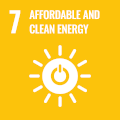 Energy challenges represent one of the main factors of innovation and transformation of production processes: with the implementation of new and more efficient solutions it is possible to improve the management of energy demands, improving the environmental sustainability of processes, without affecting the company performance. Four of the Zanetti plants (Castelbelforte, Lallio, Marmirolo and Panocchia) are equipped with photovoltaic panels with a capacity of over 700 kWp.
Energy challenges represent one of the main factors of innovation and transformation of production processes: with the implementation of new and more efficient solutions it is possible to improve the management of energy demands, improving the environmental sustainability of processes, without affecting the company performance. Four of the Zanetti plants (Castelbelforte, Lallio, Marmirolo and Panocchia) are equipped with photovoltaic panels with a capacity of over 700 kWp.
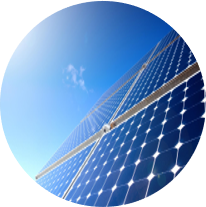
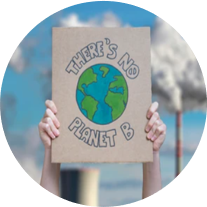
Emissions
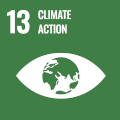
The increase in the concentration of greenhouse gases into the atmosphere is one of the main factors behind the global warming. With a view to sustainability that also takes into account the wellbeing of future generations, Zanetti considers this, as crucial and therefore chooses to procure electricity from renewable certified sources and to self-produce it through photovoltaic panels, that’s to reduce its CO2 emissions into the atmosphere.
Water resources
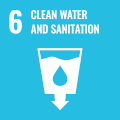 The production processes of a dairy company require the use of significant amounts of water. Water is mainly used for the processing of the product and for washing and disinfecting the premises and equipment. Good dairy practice and hygienic-sanitary regulations do not allow water recycling, which would entail risks of contamination. In order to accomplishing greater efficiency that, goes together with the environmental impact reduction, the water used to cool down the is collected in a tank and subsequently reused for different purposes (serum cooling, tank cleaning or firefighting). The procedure is possible as this water doesn’t undergo any alteration nor requires any purification.
The production processes of a dairy company require the use of significant amounts of water. Water is mainly used for the processing of the product and for washing and disinfecting the premises and equipment. Good dairy practice and hygienic-sanitary regulations do not allow water recycling, which would entail risks of contamination. In order to accomplishing greater efficiency that, goes together with the environmental impact reduction, the water used to cool down the is collected in a tank and subsequently reused for different purposes (serum cooling, tank cleaning or firefighting). The procedure is possible as this water doesn’t undergo any alteration nor requires any purification.
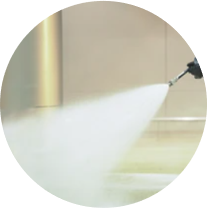
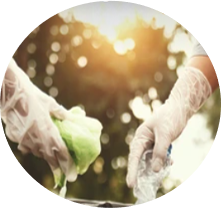
Waste management
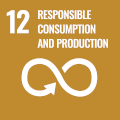 Zanetti strives to reduce its level of generated waste by optimizing processes and gradually adopting more effective waste management methods. Zanetti manages its waste through specialized companies to ensure the traceability in every phase of the disposal process and pays special attention to the proper disposal of polluting waste (filters, spent oil). The by-products of the processing operations are managed in compliance with the provisions of law and in an informed manner: they are included in a virtuous recycle flow, where possible, and entrusted to specialised companies.
Zanetti strives to reduce its level of generated waste by optimizing processes and gradually adopting more effective waste management methods. Zanetti manages its waste through specialized companies to ensure the traceability in every phase of the disposal process and pays special attention to the proper disposal of polluting waste (filters, spent oil). The by-products of the processing operations are managed in compliance with the provisions of law and in an informed manner: they are included in a virtuous recycle flow, where possible, and entrusted to specialised companies.
Packaging
The plastic material used for our packaging is minimised to reduce, as much as possible, the use of materials, consistent with the food safety laws and regulations.
The performance of the film used to seal the pallets (both manually and mechanically) is optimized so as allow the use of smaller quantities of plastic.

